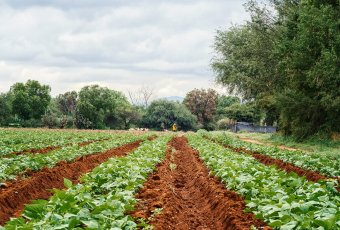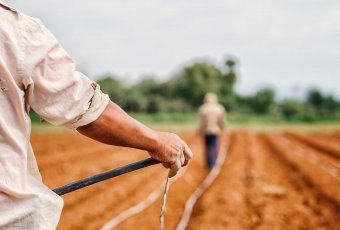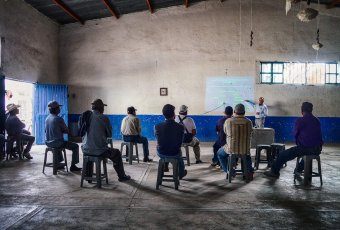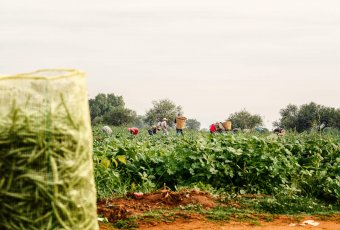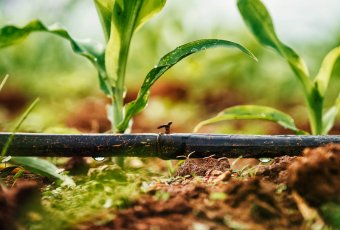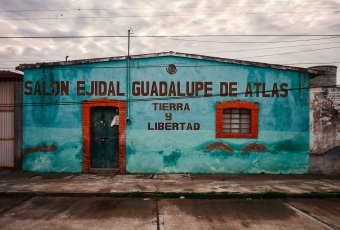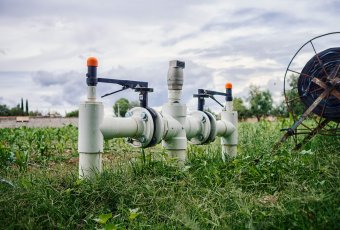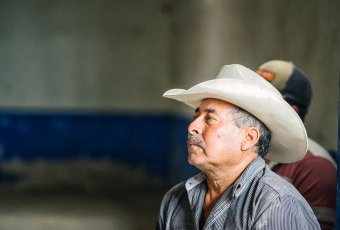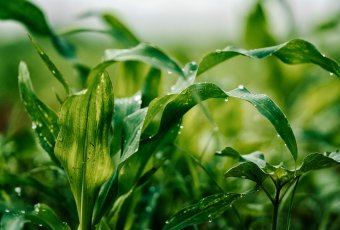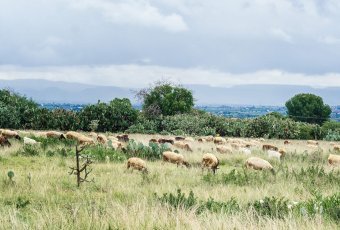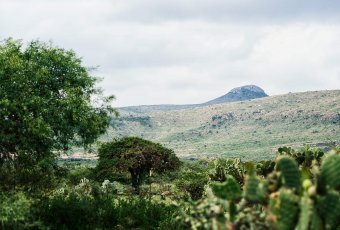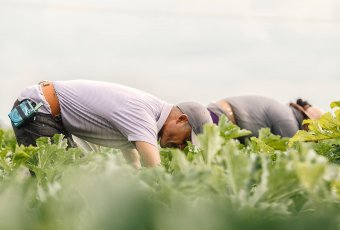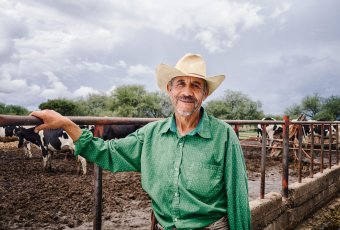The context
Aguascalientes City, located in the center of Mexico, is home to nearly 1 million inhabitants and one of the fastest-growing cities of Mexico. Aguascalientes, named after the numerous hot springs in the area, has an economic growth above the national average and a low unemployment rate at 3,5% thanks to its central location and good access to the country’s markets. The city hosts the facilities of many companies (textile, cars…) which create thousands of jobs. Yet, the city’s main aquifer, which supplies 100% of its needs, is located in the driest part of the region. It has been facing an annual deficit of 280 million m3 per year, which is equivalent to the domestic consumption of more than 2 million Mexicans[1]. Agriculture accounts for 70% of the extracted volumes, urban public use for 25%, industry for less than 3% and households for less than 3%.
The project
Veolia, which has a long-term concession to manage both the municipal water drinking water and wastewater collection systems of the city, and Danone, which has a bottling factory for its Bonafont water brand in Aguascalientes are also investors in the Livelihoods Fund for Family Farming. Through the fund, they have joined forces with Mexican public organizations- namely, SEDRAE (the Agricultural Authority of the Sate of Aguascalientes) and FIRA (the Mexican agency for Rural Development)- to tackle the aquifer’s deficit by mutualizing their means and resources. Public organizations have indeed launched many initiatives to support farmers, but their work is was constrained by the 1-year duration of the public schemes. In this way, they can leverage the 6-year programme initiated by Livelihoods Funds to build a long-term relationship with farmers and achieve a bigger impact. Likewise, Veolia and Danone have the opportunity to go beyond their operations perimeter with this partnership to act more widely on the sustainability of the aquifer.
In Aguascalientes, Livelihoods Funds have designed a project to enable vulnerable farmers to invest in drip irrigation equipment and improve the resilience of their farms. It will be implemented in the field and monitored by Kaab, a social enterprise bringing together field-rooted experts in agriculture in Aguascalientes. Currently, farmers irrigate their fields through flooding, which is one of the least efficient irrigation systems leading to 50% evaporation or run-off. The project connects farmers with public authorities which provide them with the necessary information and financing to get access to drip irrigation which halves water consumption. Afterwards, they get a 30-month training to ensure they can make the best of the social, economic and environmental value of the system. The programme includes classroom and in-field training to manage the soil’s fertility through conservation agriculture with an on-farm visit from a project coordinator each week during the first year. They will also be trained on the management of their farm: accounting, investments to increase their revenues on the long-term, etc. Furthermore, the project sensitizes farmers on the relevance of engaging in crops that consume less water and the importance of diversification to improve the resilience of their farm.
The social, environmental and economic impact
This Livelihoods Funds project in Aguascalientes will involve, in a first phase, 250 farms with a total of 2,500 ha under sustainable water and land management. With 250 farms, the project aims at saving over 9 million m3 of water per year. The project can be scaled up to reach a greater number of farmers: for each group of 1,000 farmers joining the project, 36 million m3 of water can be saved, accounting for 13% of the annual aquifer deficit. By reaching the 5,000 farmers directly located in the water catchment zone, 65% of the annual aquifer’s deficit could be managed. Discussions are currently under way with other public players, industrial users and NGOs to scale up the project through a water fund- an operational model enabling water users to jointly invest in upstream land conservation in order to secure water supply and quality through a sustainable management of the project.
[1] 380 liters consumed daily per inhabitant. Source: agua.org.mx



